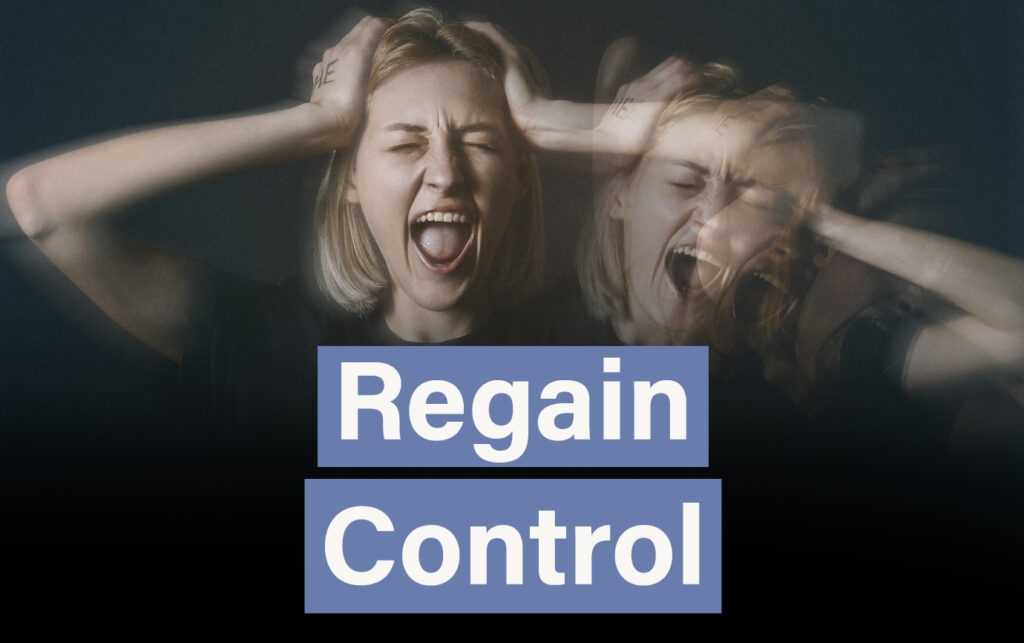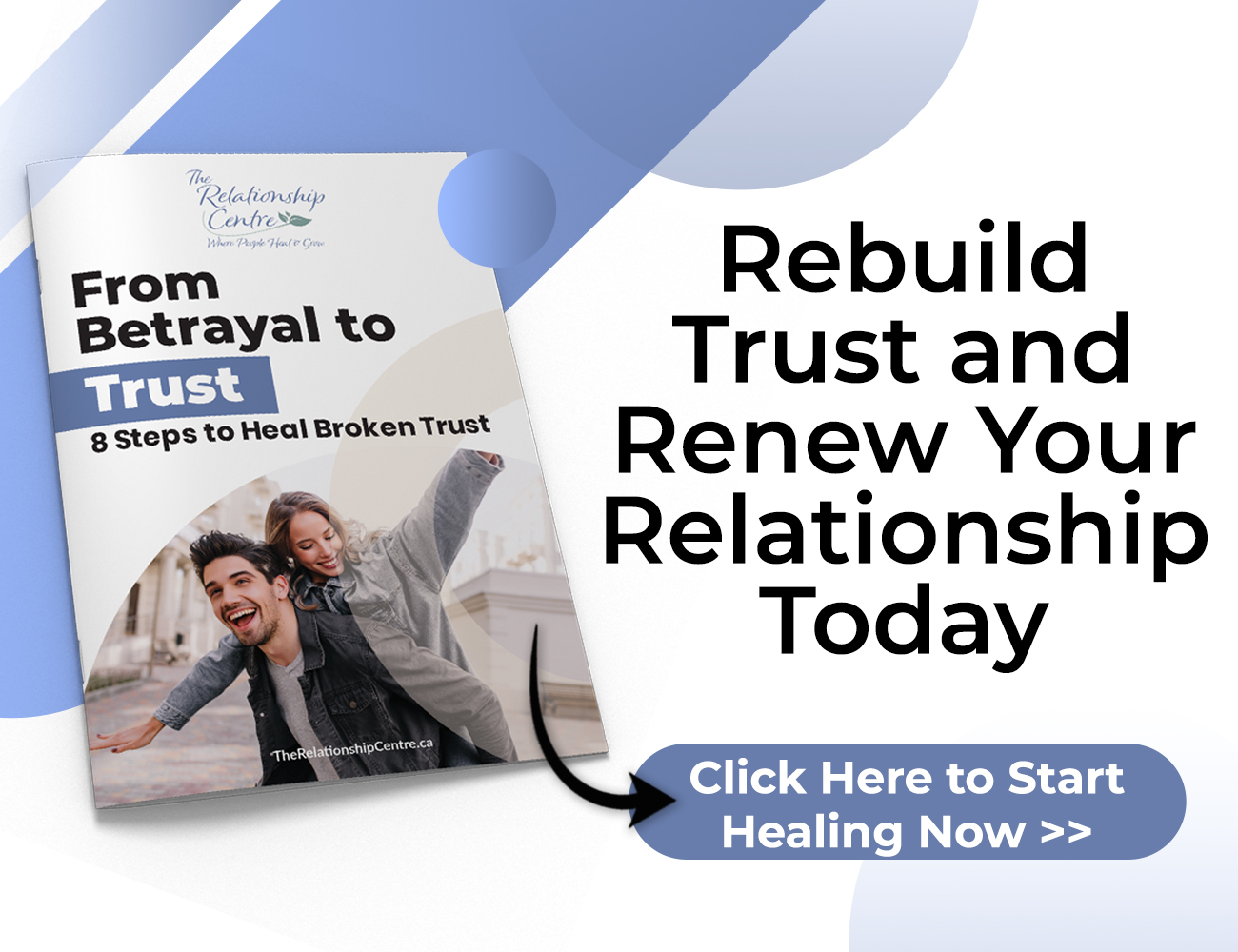Do you ever feel like anxiety just barges in, unasked, turning your life upside down? You’re constantly duking it out, ending up tired and swamped. But don’t worry, getting a handle on anxiety’s effects is the first step to taking back control.
Let’s dive into how anxiety messes with your body, screws with your thoughts, shakes up your feelings, and messes with your social life. We’re going to look at all the ways it can shake you up and the toll it takes on your day-to-day. Using solid research, we’ll dig into ways to keep anxiety in check and get your life back on an even keel.
Whether anxiety’s a personal battle for you or you’re trying to get where someone else is coming from, this article’s got you. We’re in this together, learning the ropes to tackle anxiety head-on. Let’s get started and arm ourselves with the know-how to break free from anxiety’s hold.
Physical Symptoms of Anxiety
You might notice your body reacts in its own way when you’re anxious. You could feel anything from a racing heart to feeling out of breath, tense muscles, or nagging headaches. It’s your body’s instinctual fight-or-flight kick-in during stress. If anxiety sticks around too long, these symptoms can stick around and start to chip away at your health over time.
If anxiety becomes your constant companion, it’s not great news for your body. It can hike up your chances of heart troubles like high blood pressure and heart disease. It can even throw a wrench in your immune system, making you an easy target for colds and other bugs. And let’s not forget the aches and pains from muscles that just won’t relax.
Getting why your body goes through all this is key to managing anxiety. Spotting these signs means you can get the right help and support. Next up, we’ll get into how anxiety can mess with your mind and mood.
Cognitive Effects of Anxiety
When anxiety grabs hold, it’s like a fog rolling in over your thoughts, making it tough to concentrate or think straight. You might find your mind bouncing all over the place, dodging tasks, or zoning out during chats. This scatterbrained feeling can throw a wrench in how you do at work or school.
Then there’s your memory to deal with. Ever walk into a room and forget why? That’s anxiety in action. It can make you forget stuff, especially when you’re stressed, which is super annoying when you need to remember important bits or follow through on complicated tasks.
Studies point out that anxiety can muddle up your prefrontal cortex—that’s the brain boss when it comes to focus, holding onto details, and making choices. No wonder it’s a battle to stay sharp when you’re anxious.
Getting the lowdown on how anxiety affects your brain helps you come up with ways to fight back. Knowing what you’re up against—like zoning out or memory slips—means you can get the right kind of help and find tricks to sidestep those issues. Next, we’re going to link this brain stuff to the emotional roller coaster that anxiety can be, because how you think and how you feel are super connected.
Emotional Impact of Anxiety
Exploring the emotional impact of anxiety reveals the profound toll it can take on your overall well-being and quality of life. Anxiety disorders, which affect millions of people worldwide, can have a significant impact on mental health. Individuals with anxiety often experience intense feelings of fear, worry, and unease, which can be debilitating and overwhelming. These emotional symptoms can lead to a variety of negative consequences, such as difficulty concentrating, irritability, and sleep disturbances.
Anxiety can also trigger a range of physiological responses, including increased heart rate, sweating, and trembling. These physical symptoms, coupled with the constant state of apprehension, can further exacerbate the emotional impact of anxiety. Moreover, anxiety disorders can significantly interfere with daily activities and relationships, causing individuals to avoid certain situations or isolate themselves from others.
Understanding the emotional impact of anxiety is crucial for developing effective interventions and support systems for those affected. By recognizing the toll it takes on individuals’ well-being and quality of life, we can strive to provide compassionate care and evidence-based treatments to alleviate the burden. In the next section, we will delve into the social and interpersonal consequences of anxiety, further highlighting the far-reaching impact of this mental health condition.
Social and Interpersonal Consequences of Anxiety
Anxiety can really throw a wrench into your social life, messing with your ability to click with others or even just hang out. It’s like walking on a tightrope; you might lean too much on your pals for that constant pep talk, which can leave things feeling a bit stretched. Plus, when trust issues creep in, you could end up missing out on the close, comfy relationships everyone needs.
Then there’s the way anxiety can push you into your own bubble. That loop of worry and fear might have you dodging parties or any place with a crowd, and that can leave you feeling pretty solo. Trying to spark new friendships or keep the old ones glowing can feel like a tough act, with anxiety often leaving you feeling out of place or just plain awkward.
Studies back up the struggle, showing that folks with anxiety often hit bumps in their relationships and tend to have a smaller social circle. This can really shake up your happiness and life satisfaction.
But hang in there, because we’re about to dive into some tactics for managing anxiety. These strategies are game-changers, helping you tackle those social hurdles and get back on track with your relationships. Let’s take that step together.
Coping Strategies for Managing Anxiety
Absolutely, finding ways to cope with anxiety isn’t just about feeling better on your own—it’s also about getting back in sync with the people around you. Relaxation techniques, like deep breaths, meditation, or easing your muscles tension bit by bit, are like hitting the reset button on your stress levels. When you weave these practices into your everyday life, they can really change the game in how you handle meeting people and keeping your relationships solid.
Then there’s the power of having your own cheer squad. Linking up with folks who get what you’re going through makes a world of difference. It’s a two-way street where you can spill the beans about your anxiety and not feel judged, and that’s the kind of backup that can make anyone feel less alone. It’s like having a home team in your corner, ready to root for you and toss you advice or a high-five when you need it.
Imagine you’re about to step into a room full of people. If you’ve taken a few moments to breathe deeply and quiet your mind, you’re more likely to walk in with your head high and really be present. Those jitters take a backseat, making space for real, down-to-earth chats. And when tough times hit, knowing you’ve got people who’ve got your back can deepen the trust and bond in your friendships.
By getting a handle on your anxiety with these strategies, you can open the door to more relaxed, genuine connections and stronger ties with the folks in your life. It’s about building a bridge between managing your anxiety and strengthening your social network.
Conclusion
In conclusion, think of anxiety as that stubborn storm cloud that can’t seem to move on, dumping rain on your parade—your health, your thoughts, and how you feel. It’s like it turns social get-togethers into an obstacle course that leaves you guessing at every turn.
But don’t lose heart; there’s a silver lining. With the right coping tools, you’ve got the power to break through that cloud, lighten up the load, and get back in the driver’s seat of your life. And just like any storm that rolls through, remember, anxiety doesn’t stick around forever.
If you would like to see how one of our therapists can help you or someone you know, simply call 613-848-3683 and one of our Care Coordinators would be delighted to share the details with you.
Or… Click here to book a call with a Care Coordinator Now >>














